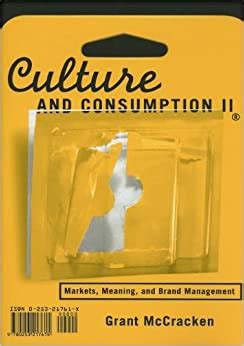A Quote by Shulamith Firestone
Feminists have to question, not just all of Western culture, but the organization of culture itself, and further, even the very organization of nature. Many women give up in despair: if that's how deep it goes they don't want to know.
Related Quotes
People have come to me over the years and said to me: 'I admire the culture of Starbucks. Can you come give a speech and help us turn our culture around?' I wish it were that easy. Turning a culture around is very difficult to do because it's based on a series of many, many decisions, and the organization is framed by those decisions.
Confidence is not just in people's heads; it comes from the culture of the organization. It's easier to expect success when working in an organization that has a culture of accountability, collaboration, and initiative. Without this, it's easier - and more self-protective - to assume failure so the person is not disappointed and instead pleasantly surprised.
Truly human leadership protects an organization from the internal rivalries that can shatter a culture. When we have to protect ourselves from each other, the whole organization suffers. But when trust and cooperation thrive internally, we pull together and the organization grows stronger as a result.
Until I came to IBM, I probably would have told you that culture was just one among several important elements in any organization's makeup and success - along with vision, strategy, marketing, financials, and the like... I came to see, in my time at IBM, that culture isn't just one aspect of the game, it is the game. In the end, an organization is nothing more than the collective capacity of its people to create value.
The English monarchy is at best symbolic, whereas the Saudi monarchy is a bloodline, but it's also showing itself as a very primitive culture. So, I think we're moving further and further away from that kind of organization of humanity and the same I would say with religion. I think that organized religions, with the exception of Islam, are really falling by the wayside. People are starting to understand that the religious potential is within and that it's an individual pursuit.
I want to look my best for God. So many people have the attitude that if you're a Christian you've got to dress bad, wear an old color, not do anything to your hair, have nothing. It's no wonder that Christianity is not very attractive. I mean, how many people do you know in a Western culture that's going to go, 'Yeah, give me some of that?'
In any bureaucratic organization there will be two kinds of people: those who work to further the actual goals of the organization, and those who work for the organization itself. Examples in education would be teachers who work and sacrifice to teach children, vs. union representative who work to protect any teacher including the most incompetent. The Iron Law states that in all cases, the second type of person will always gain control of the organization, and will always write the rules under which the organization functions.
You must develop a sense of what you can contribute that goes beyond 1 company or organization. A career path today will likely involve moving from organization to organization, creating a picture of rising circles, rather than a vertical ladder. In fact, a vertical rise within one organization will very likely move you away from your strongest areas of competence.
The distance between number one and number two is always a constant. If you want to improve the organization, you have to improve yourself and the organization gets pulled up with you. That is a big lesson. I cannot just expect the organization to improve if I don't improve myself and lift the organization, because that distance is a constant.


































